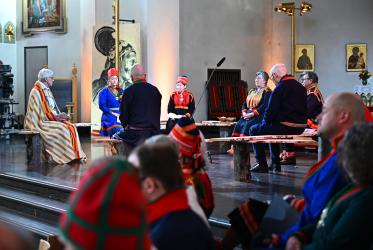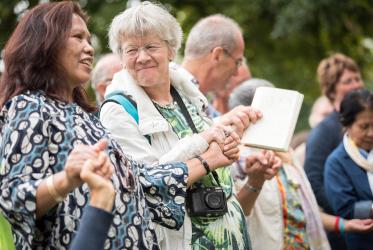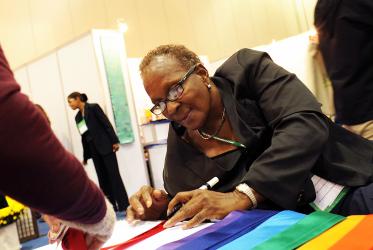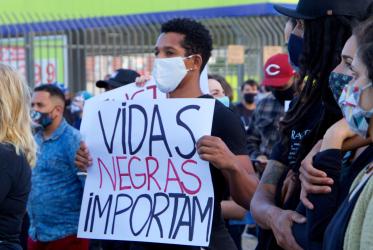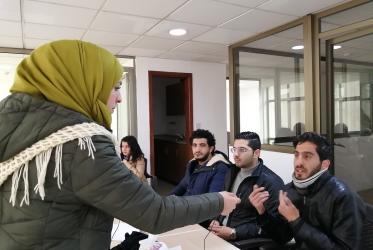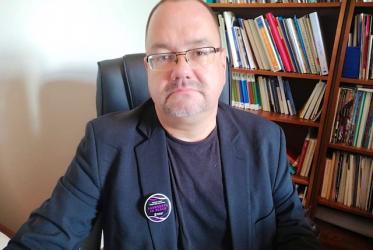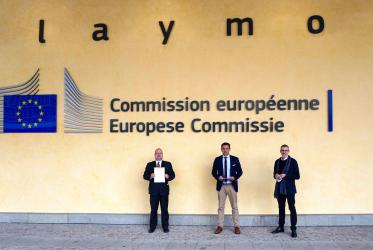Displaying 1 - 20 of 91
Church of Sweden apologizes to Sámi people, this time in Sápmi
27 October 2022
Promoting human dignity through art
06 September 2022
WCC pre-Assembly consultation on Overcoming Racism, Racial Discrimination and Xenophobia
06 - 10 December 2021
Geneva, Switzerland
Are migrants seen and heard? Conference presses the question
19 October 2020
Ecumenical statement on migration received by European Commission
25 September 2020
Advancing a disability-inclusive response to COVID-19
21 April 2020


